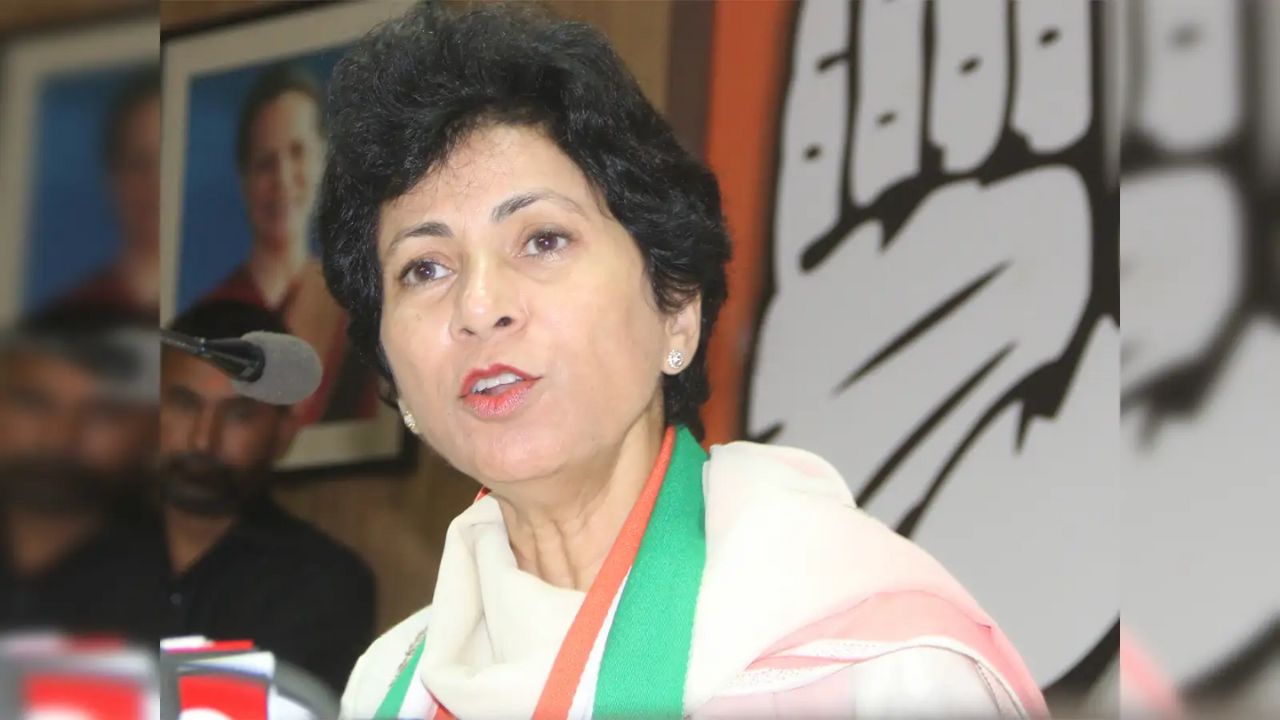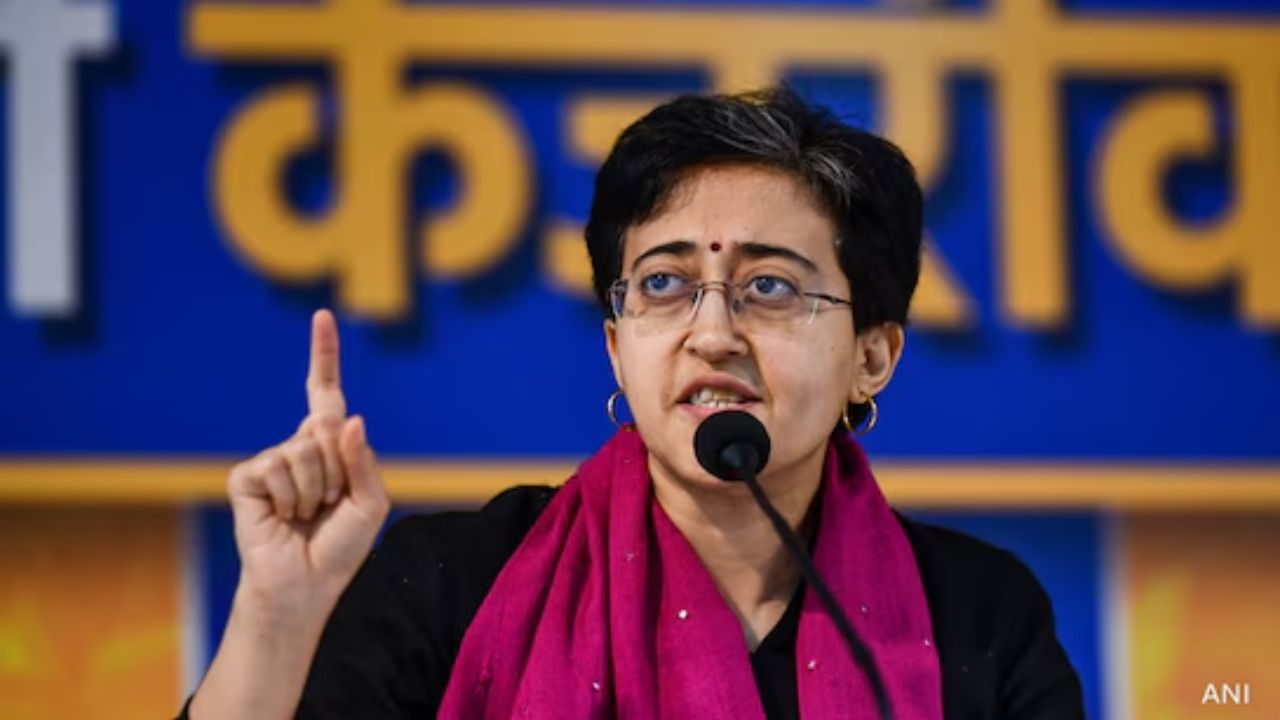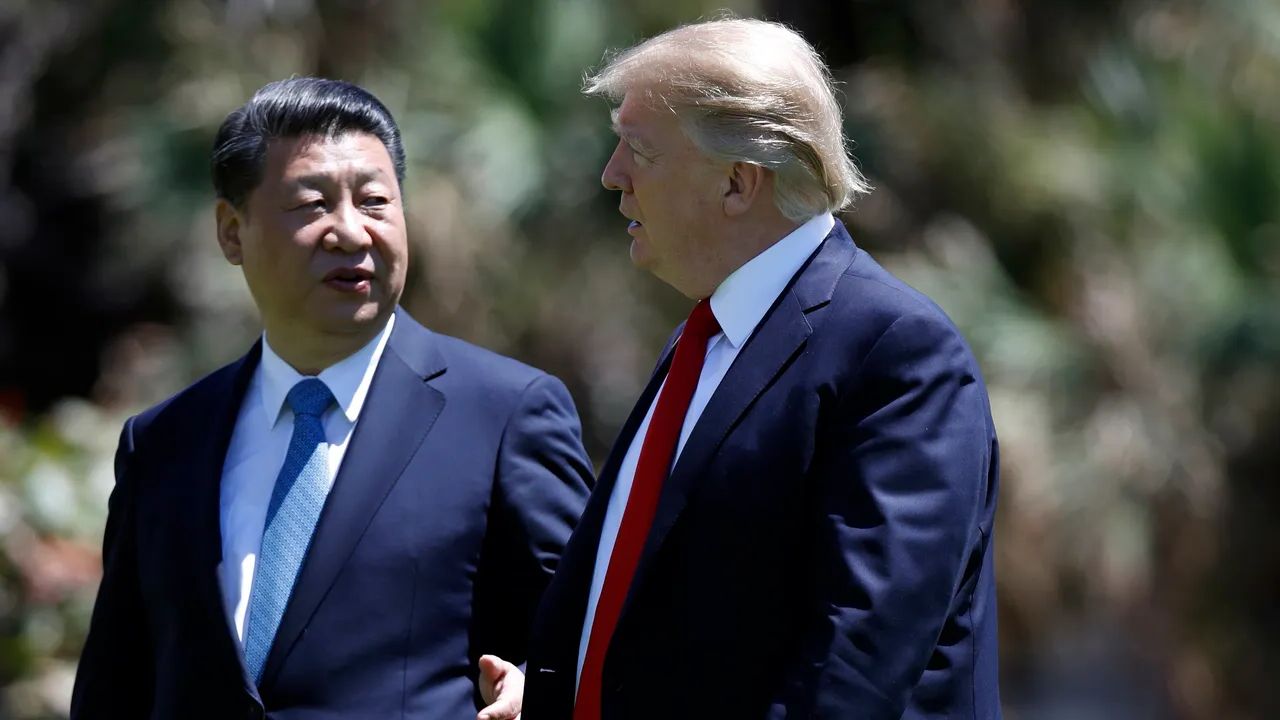Today in Politics: Understanding the ‘Bharat Bandh’ and Its Connection to Discontent Within the BJP
A nationwide strike, or ‘Bharat Bandh,’ has been called for Wednesday by a coalition of Dalit and Adivasi organizations in response to a recent Supreme Court judgment that allows for the sub-classification of Scheduled Castes





